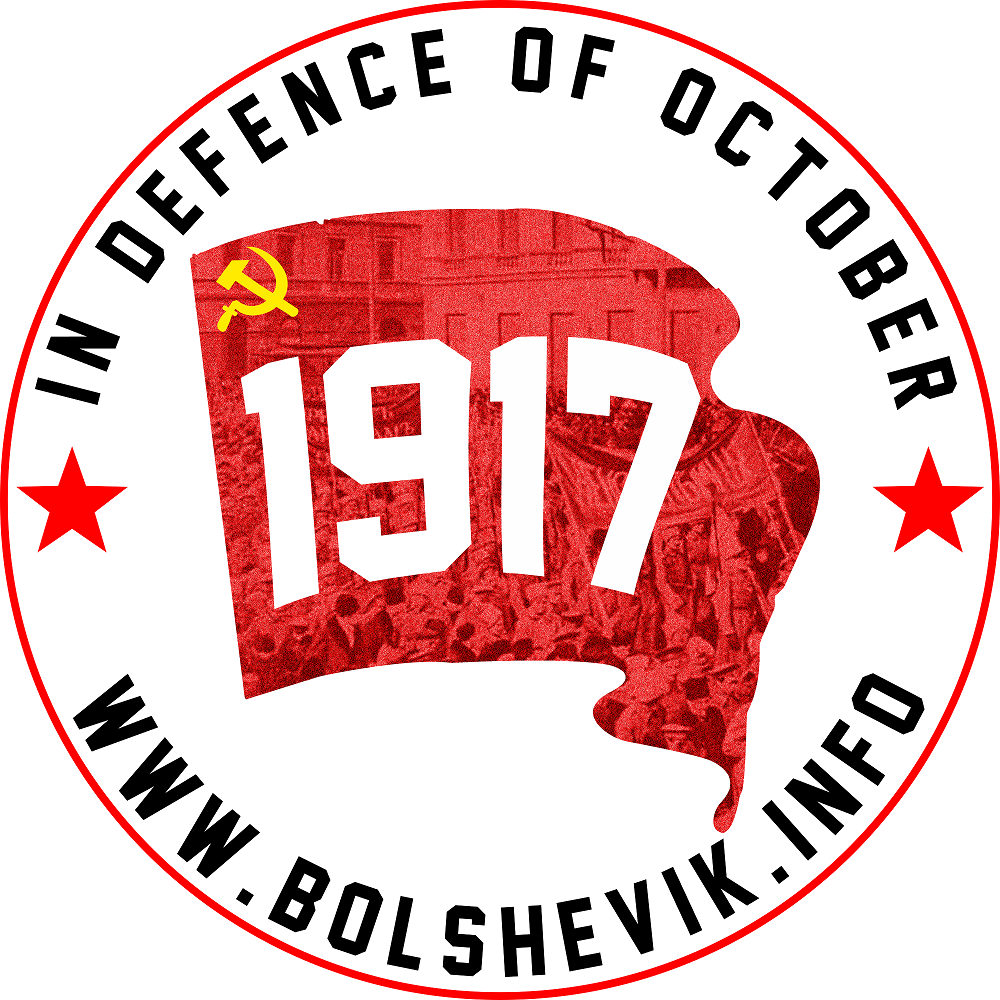"Peace cannot be concluded only from above. Peace must be won from below. We put no trust in the German generals, but we have faith in the German people."
I
Report on Talks with Dukizonin
The full text of our talks with Dukhonin has been printed, so I can confine myself to a few remarks. It was clear to us that we were dealing with an opponent of the people's will and an enemy of the revolution. Dukhonin resorted to all manner of shifts and dodges to delay matters. Doubt was expressed as to the authenticity of our message, and the query was not addressed to Krylenko but to General Manikovsky. Thus, the generals have stolen at least one full day in this important and vital matter of peace. General Dukhonin came to the apparatus only when we said we would refer the matter to the soldiers. We told Dukhonin of our demand that he should start armistice negotiations immediately, and nothing more. Dukhonin was not empowered to conclude an armistice. Not only was the conclusion of an armistice outside Dukhonin's competence, but his every step in the matter of the armistice negotiations was to have been under the control of the People's Commissars. The bourgeois press has accused us of offering a separate armistice and of ignoring the interests of the Rumanian Army. That is a lie. We propose that the peace talks should be started immediately, and an armistice concluded with all countries, without exception. We have information that our wireless messages have been reaching Europe. Thus, our message about the victory over Kerensky was monitored and relayed by the Austrian wireless telegraph. The Germans, on their part, tried to jam it. We can contact Paris by wireless, and when the peace treaty is drawn up, we shall be able to inform the French people that it can be signed, and that it is up to them to have the armistice concluded within two hours. Let's see what Clemenceau will have to say then. Our Party has never said that it could produce a peace all at once. It said that it would make an immediate offer of peace and would publish the secret treaties. That has been done—the fight for peace is on. It will be an uphill fight. International imperialism is mobilising all its forces against us, but despite its great strength our chances are quite good in the revolutionary struggle for peace, in which we shall combine revolutionary fraternisation with the struggle for peace. The bourgeoisie would very much like the imperialist governments to combine against us.
2
Concluding Speech
Comrade Chudnovsky said here that he had "taken the liberty" of making some sharp criticisms of the Commissars’ actions. There can be no question at all as to whether or not sharp criticism is to be allowed, for it is a revolutionary's duty to engage in such criticism, and the People's Commissars do not claim to be infallible.
Comrade Chudnovsky said we could not accept an indecent peace, but he failed to cite a single word or fact to show that this peace was unacceptable. We said: peace can be concluded only by the Council of People's Commissars. When we began our talks with Dukhonin we were aware that we were about to negotiate with an enemy, and we cannot procrastinate when dealing with an enemy. We could not foretell the outcome of the talks. But we were fully determined. We had to take a decision on the spot, without leaving the line. We had to act against an insubordinate general there and then. We could not get the Central Executive Committee together on the line; that was in no sense a violation of the Central Executive Committee's prerogatives. You don't wait for the outcome in a war, and it was a war we were fighting against the counter-revolutionary generals, so we turned to the soldiers. We removed Dukhonin but we are not formalists or bureaucrats, and we are well aware that it was not enough to remove him. He opposed us and we appealed over his head to the army masses. We authorised them to enter into armistice negotiations. But we did not conclude an armistice. The soldiers were warned to keep an eye on the counter-revolutionary generals. I think any regiment is disciplined enough to maintain the necessary revolutionary order. In the event of betrayal during the soldiers' armistice negotiations or an attack during fraternisation, it is the soldiers' duty to shoot the traitors on the spot, without more ado.
It is monstrous to allege that we have now weakened our front in the event of the Germans starting an offensive. Until Dukhonin's exposure and removal, the army was never sure that it was conducting an international policy of peace. It now has this assurance: the only way to fight Dukhonin is to appeal to the sense of discipline and initiative of the masses of soldiers. Peace cannot be concluded only from above. Peace must be won from below. We put no trust in the German generals, but we have faith in the German people. A peace concluded by the commanders-in-chief, without the active participation of the soldiers, would be precarious. I do not object to Kamenev's proposal as a matter of principle but because it is inadequate and too weak. I have no objections to a commission but I suggest that we keep an open mind on its functions; I dislike half-measures and propose that we should be given a free hand in this respect.
Source: Marxist Internet Archive.

